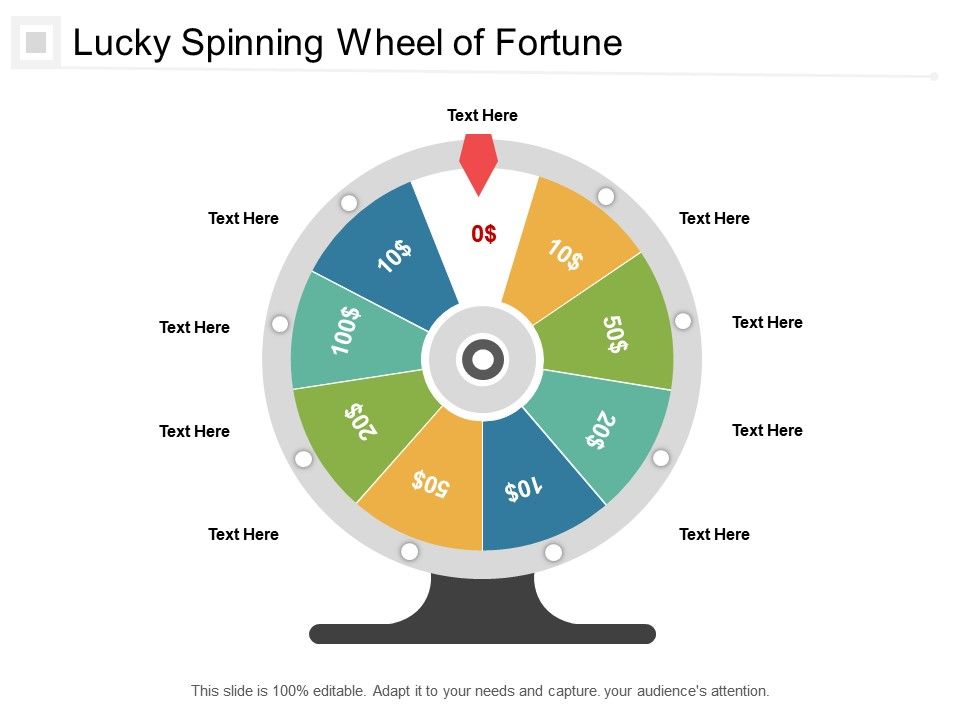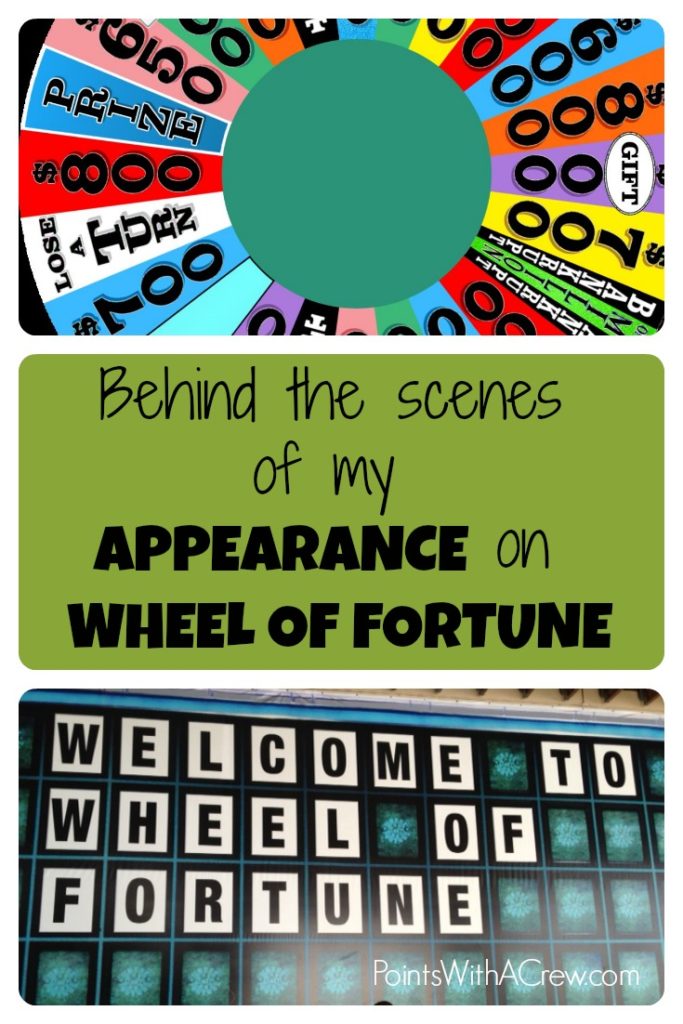“Wheel of Fortune” is not just a game show; it’s a cultural phenomenon that has captivated audiences since its debut in 1975. The iconic spinning wheel, the thrill of solving word puzzles, and the opportunity to win life-changing prizes have made this show a staple in American entertainment. But what are the underlying secrets that contribute to its enduring success? In this article, we will explore the various elements that make “Wheel of Fortune” a winning formula, from its format and psychological appeal to its impact on popular culture.
The Format: Simplicity Meets Engagement

One of the primary reasons for “Wheel of Fortune’s” success is its straightforward format. Contestants spin a large, colorful wheel to determine cash values and prizes, while also attempting to solve word puzzles. This simplicity makes it accessible to a wide audience, ensuring that everyone can understand and enjoy the game.
- Gameplay Structure: The game consists of three main rounds:
- Round 1: Contestants spin the wheel and guess consonants to fill in the puzzle.
- Round 2: A special prize round with higher stakes and unique bonuses.
- Round 3: The final puzzle round, leading to the grand prize for the winner.
- Viewer Engagement: The audience is encouraged to participate by solving puzzles along with the contestants, creating an interactive viewing experience.
The Psychological Appeal: Tension and Anticipation
The thrill of competition and the suspense of spinning the wheel activate viewers’ emotions, making the show addictive. The elements of chance and strategy create a dynamic atmosphere that keeps audiences at the edge of their seats.
- Anticipation: The moment a contestant spins the wheel, viewers are filled with suspense as they wait to see where the wheel stops.
- Reward System: The potential for winning money or prizes taps into the psychological concept of operant conditioning, encouraging viewers to remain engaged.
- Relatability: Contestants represent everyday people, making it easy for viewers to see themselves in the game.
Impact of Technology: Innovations Over the Years

As technology has evolved, so has “Wheel of Fortune.” The incorporation of new technologies has enhanced the viewing experience and streamlined gameplay.
- Digital Wheels: The introduction of digital wheels has allowed for smoother transitions and more visually appealing graphics.
- Online Play: The launch of online versions of the game has allowed fans to engage with the brand outside of TV, expanding its audience.
- Mobile Apps: “Wheel of Fortune” apps enable users to play from anywhere, fostering a new generation of fans.
Marketing and Branding: A Global Franchise
“Wheel of Fortune” has successfully transformed into a global brand, with adaptations in various countries around the world. This international success has contributed to the longevity of the show.
- Franchise Expansion: The show has been adapted into over 60 international versions, catering to diverse cultures while maintaining its core gameplay.
- Merchandising: From board games to video games, the “Wheel of Fortune” brand has expanded into various merchandise, enhancing its visibility.
- Partnerships: Collaborations with companies for product placements and sponsorships have boosted the show’s financial success.
Case Studies: Notable Contestants and Their Journeys

Throughout its history, “Wheel of Fortune” has featured numerous contestants who have made headlines for their remarkable stories and unique strategies. Analyzing these case studies offers insight into the diverse ways individuals can experience success on the show.
- Ken Jennings: Famous for his record-breaking appearance on “Jeopardy!”, Jennings also appeared on “Wheel of Fortune,” showcasing his strategic thinking and puzzle-solving skills.
- Rachel Schwartz: In 2021, Schwartz won a significant cash prize and became a fan favorite, demonstrating how enthusiasm and personality can elevate a contestant’s experience.
- Contestant Strategies: Many successful contestants share strategies such as practicing word puzzles beforehand and developing a keen sense of probability regarding wheel spins.
Statistics: The Numbers Behind the Show

The success of “Wheel of Fortune” can also be illustrated through compelling statistics that highlight its impact on television and popular culture.
- Viewership: At its peak, “Wheel of Fortune” attracted over 30 million viewers per episode, making it one of the most-watched shows of all time.
- Awards: The show has won over 30 Daytime Emmy Awards, underscoring its excellence in entertainment.
- Longevity: With over 7,000 episodes, “Wheel of Fortune” holds the record for the longest-running syndicated game show in the U.S.
Cultural Impact: More Than Just a Game Show
“Wheel of Fortune” has transcended its role as a game show to become a significant part of American culture. It has influenced a variety of aspects, including language, entertainment, and social interactions.
- Catchphrases: Phrases like “I’ll take a vowel” have entered popular vernacular, showcasing the show’s linguistic impact.
- Television Influence: Its format has inspired numerous game shows, proving the effectiveness of its gameplay mechanics.
- Community Building: The show has created a sense of community among fans, with viewing parties and social media interactions becoming commonplace.
Conclusion: The Secrets to Spinning Success
The enduring success of “Wheel of Fortune” can be attributed to a combination of its engaging format, psychological appeal, innovative use of technology, strategic marketing, and cultural significance. By creating an interactive experience that resonates with audiences, the show has managed to remain relevant for nearly five decades. As “Wheel of Fortune” continues to evolve, it serves as a testament to the power of entertainment that brings people together, celebrates everyday success, and spins the wheel of fortune for all who dare to play.
In conclusion, the show embodies a unique blend of strategy, luck, and relatable human experiences, ensuring its place as a beloved staple in the world of television. Whether you’re a long-time fan or a newcomer to the game, the secrets behind “Wheel of Fortune” are sure to inspire and entertain for generations to come.


